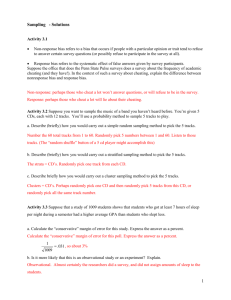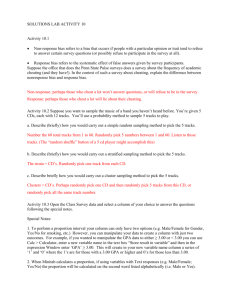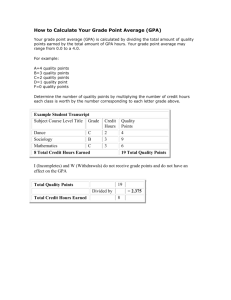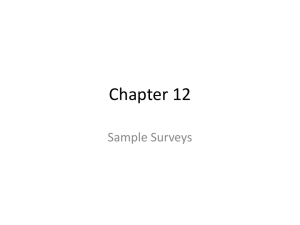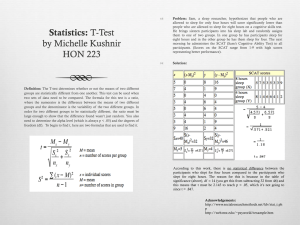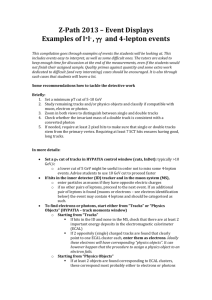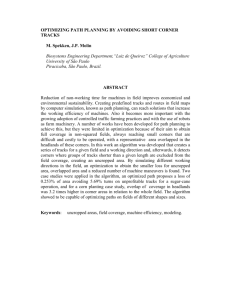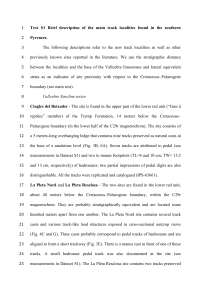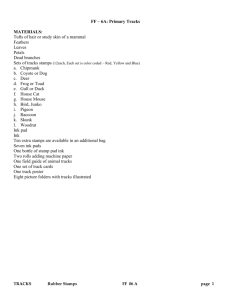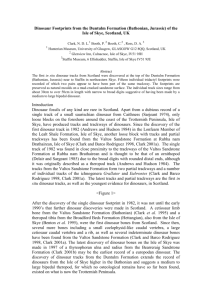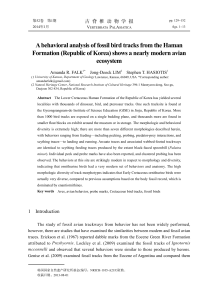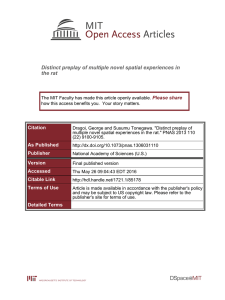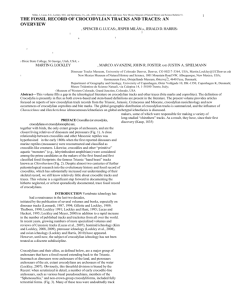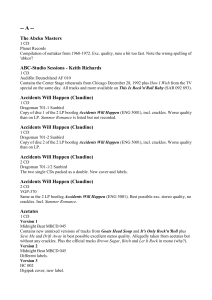sol_sampling
advertisement
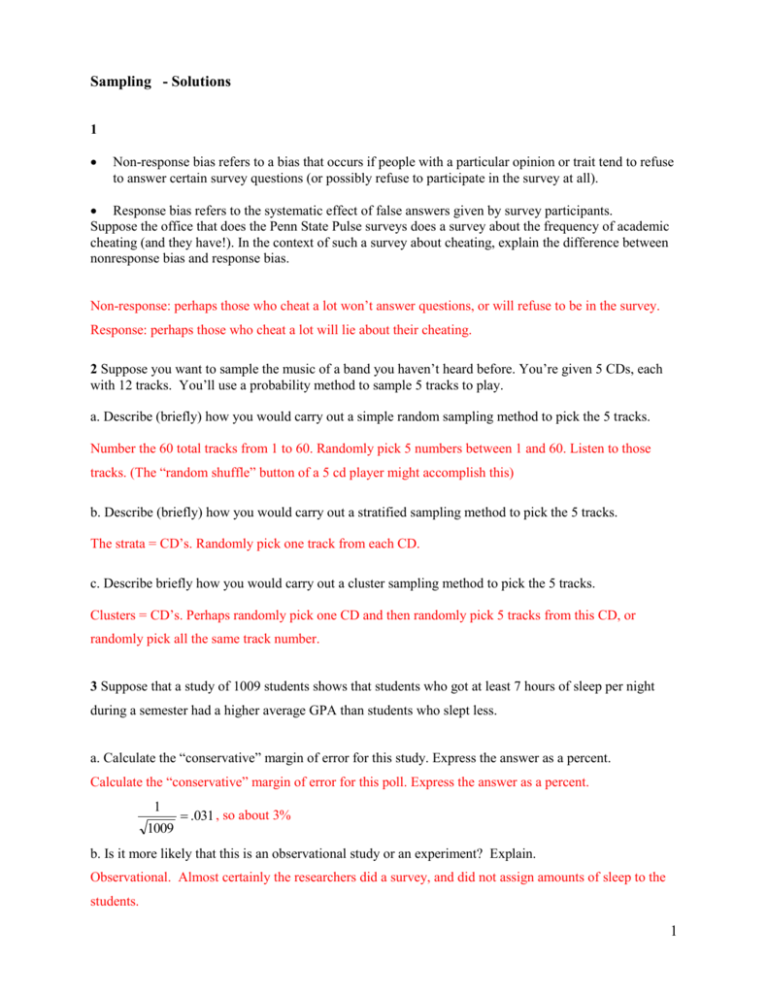
Sampling - Solutions 1 Non-response bias refers to a bias that occurs if people with a particular opinion or trait tend to refuse to answer certain survey questions (or possibly refuse to participate in the survey at all). Response bias refers to the systematic effect of false answers given by survey participants. Suppose the office that does the Penn State Pulse surveys does a survey about the frequency of academic cheating (and they have!). In the context of such a survey about cheating, explain the difference between nonresponse bias and response bias. Non-response: perhaps those who cheat a lot won’t answer questions, or will refuse to be in the survey. Response: perhaps those who cheat a lot will lie about their cheating. 2 Suppose you want to sample the music of a band you haven’t heard before. You’re given 5 CDs, each with 12 tracks. You’ll use a probability method to sample 5 tracks to play. a. Describe (briefly) how you would carry out a simple random sampling method to pick the 5 tracks. Number the 60 total tracks from 1 to 60. Randomly pick 5 numbers between 1 and 60. Listen to those tracks. (The “random shuffle” button of a 5 cd player might accomplish this) b. Describe (briefly) how you would carry out a stratified sampling method to pick the 5 tracks. The strata = CD’s. Randomly pick one track from each CD. c. Describe briefly how you would carry out a cluster sampling method to pick the 5 tracks. Clusters = CD’s. Perhaps randomly pick one CD and then randomly pick 5 tracks from this CD, or randomly pick all the same track number. 3 Suppose that a study of 1009 students shows that students who got at least 7 hours of sleep per night during a semester had a higher average GPA than students who slept less. a. Calculate the “conservative” margin of error for this study. Express the answer as a percent. Calculate the “conservative” margin of error for this poll. Express the answer as a percent. 1 .031 , so about 3% 1009 b. Is it more likely that this is an observational study or an experiment? Explain. Observational. Almost certainly the researchers did a survey, and did not assign amounts of sleep to the students. 1 c. In this study, what variable is the explanatory variable and what variable is the response variable? Explanatory = sleep response = GPA d. Which of the following variables are likely to be confounding variables in this study? Explain why in each case. Number of courses the student took that semester Probably confounded because it would affect both sleep and GPA. Weight of the student Probably not confounded – doubtful that it affects either sleep or GPA Number of hours the student spent partying in a typical week Might be confounded because it could affect both sleep and GPA. 2
